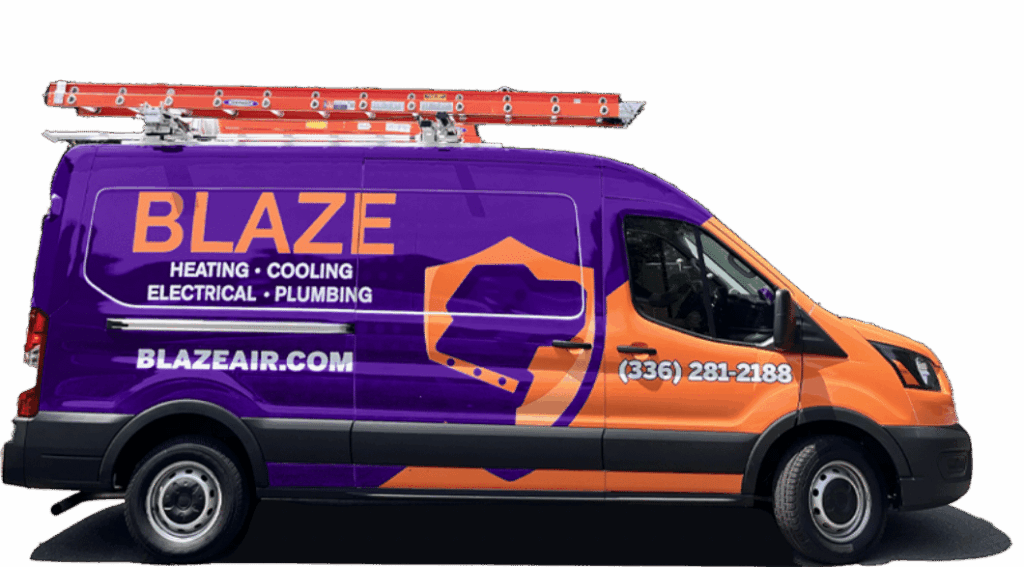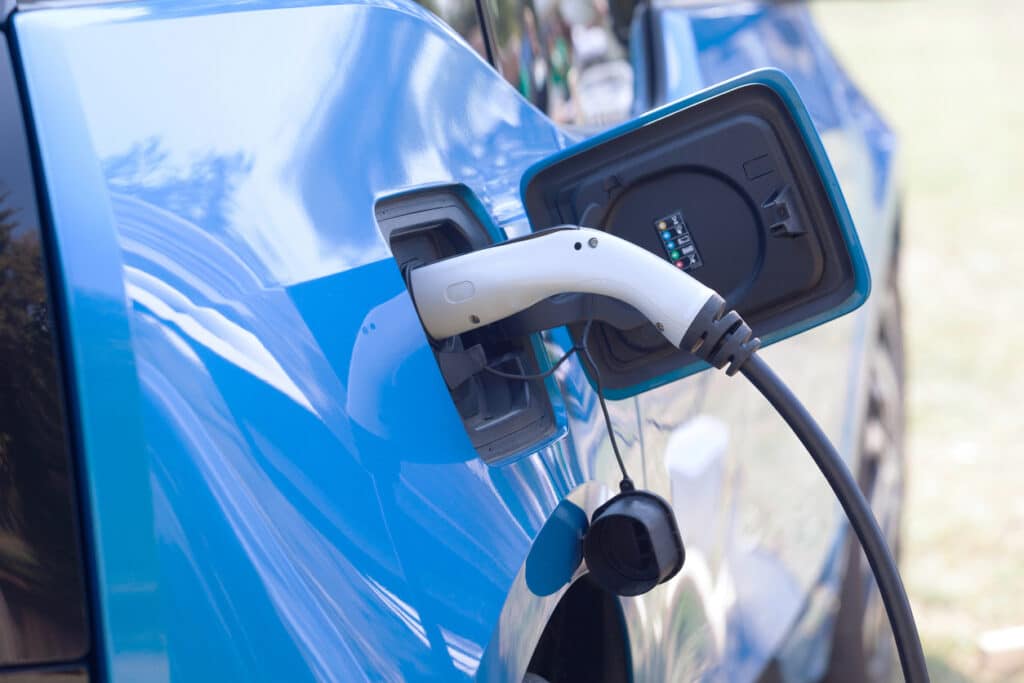With electric vehicles getting increasingly popular, many households rely on their home charging stations. Like any electrical equipment, EV chargers require occasional servicing. Professional technicians can handle routine maintenance, troubleshoot problems, and perform complete repairs. Knowing what to expect during your next professional EV charger service call helps you prepare and ensures the work is done efficiently.
Initial Assessment and Consultation
Most service calls start with a brief consultation. Your technician is likely to ask about issues you’ve noticed, such as error messages, slow charging, or failure to start. They’ll also review your installation setup, charger model, and previous service history. Most professionals inspect the location for accessibility, safety, and signs of environmental damage or wear and tear. This initial assessment enables the technician to identify potential concerns before performing hands-on work.
Diagnostic Testing
Your technician will then conduct a series of diagnostic tests using specialized software and tools. This is when they check the internal components, connectivity, and electrical output of your EV charger. If your charger connects to a network or smart app, the technician will verify that the firmware is updated and do troubleshooting for any communication errors. During this step, they may briefly disconnect the charger from its power supply to examine the circuits and wiring safely. If you have been experiencing interruptions or inconsistent charging, this is typically when the root cause of any issue is identified.
Repairs or Preventive Maintenance
Once diagnostics are complete, your technician will proceed with the necessary maintenance or repairs. This might include tightening connections, replacing damaged parts, cleaning components, and applying firmware updates. Sometimes, repairs might require ordering select parts and then scheduling a follow-up appointment to install them. Even if urgent repairs aren’t necessary, routine maintenance might include verifying proper grounding, securing mounting hardware, and testing GFCI functionality. This ensures your charger stays efficient and safe.
Final Testing and Walkthrough
Once the work is complete, your technician will reconnect the EV charging system for a final round of testing. They’ll likely show you how to identify warning signs, verify proper operation, and maintain your charger in the future. Some providers might offer you a brief tutorial or ask if you have questions about charging best practices, warranty coverage, or future upgrades.
Having an EV charger at home is a valuable investment in hardware and equipment. Still, a professional service call is also an investment that provides longevity, safety, and performance to your charger. If your home is in Wilmington, NC, call the professionals of Blaze Air to service your home EV charger and enjoy continued peace of mind.






